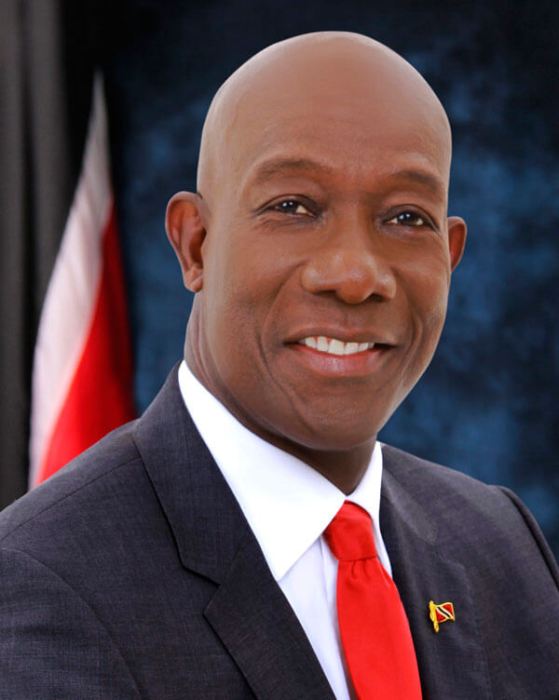In recent decades, successive US administrations have been criticized for paying little attention to the Caribbean, focusing more on the Middle East and Asia while a string of poor, vulnerable nations in the Americas languish without enough attention from Washington.
But if a group of bipartisan lawmakers have their way, whoever is in the White House and the center of power in the capitol would be forced to improve the level of engagement with the Americas, the Caribbean in particular.
In Barbados last week, Republican Congressman Mark Green made the very point but argued at a local forum that if House Resolution HR7579 is passed anytime soon, the process of reversing that trend would have begun in earnest.
Introduced in April by Green of Tennessee’s 7th District, HR 7579 would provide incentives to improve trade between the US and the Americas with proposals to grant duty free treatment of exports to the US for up to 15 years especially if the exporting countries do not have, or sever links with China and Russia. The bill will also mandate the US Trade Representative’s Office to negotiate agreements with Latin American nations, especially those which do not have bilateral trade deals with the US. In turn, these beneficiary nations must take steps to reduce illegal- migration, economic dependence on China and allow Taiwan to establish commercial offices in participating countries according to the explanatory note.
Critics say the bill with nearly a dozen republican sponsors and a few democrats has little chance of succeeding because of the tough qualifying criteria that would make it unattractive to governments in the hemisphere.
Still Green is pushing it, arguing that the US must raise its profile in the hemisphere.
“I don’t blame countries for partnering with China. They are a country that has economic means, opportunity means and we harbor no ill will, but understand that investment from China comes with a price. However, HR 7579, addresses investment through ultra-low interest development finance corporation loans while urging countries to reduce bureaucratic red tape, streamline permitting and embrace free market principles. The bill is a win/win. It makes US supply chains less vulnerable to communist China and it will create more jobs and economic growth in the Caribbean and Latin America,” the Nation newspaper quoted him as saying.
The bill comes at a time of growing panic in Washington about China’s slow but sure move to gain influence in the Americas. For example, so concerned was the Biden Administration about Chinese companies dominating billion-dollar state contracts in Guyana, that President Irfaan Ali was summoned to Washington last month for talks with top officials.
One sure result of the visit was a decision by the US to have the American Exim Bank make available $2 billion in concessional financing for American businesses to use to compete in a country that is emerging as a major global oil producer. The agreement was signed in late July. China has signed major economic deals with nearly every country in CARICOM except the few which have relations with rival or breakaway province, Taiwan. It has also funded key pieces of infrastructure projects such as ports and national stadiums in several countries.
The bill’s explanatory note also says that it aims at accelerating economic development in the Americas focusing on the fact that the hemisphere is a nearshore region to the US and must be paid attention to, while “decreasing dependency on China by establishing partnerships in the western hemisphere will bring a wide range of benefits, including poverty reduction in the region. By cosponsoring and advocating for the bill, U.S. legislators in both houses can support both the U.S. economy and the reduction of poverty in Latin America and the Caribbean.”



























